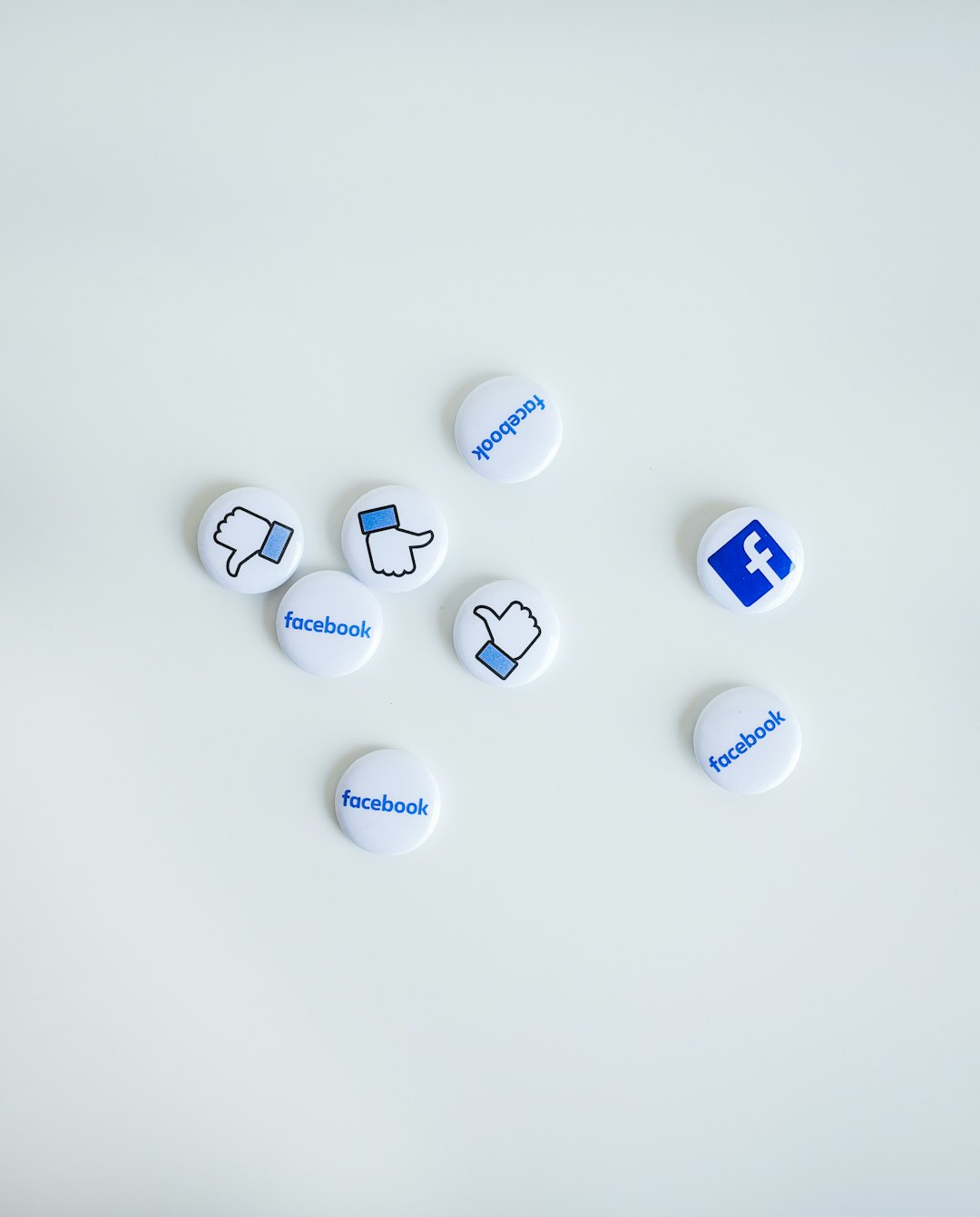(Note: This is the second part of the series “Focus and the Internet”. Check out the first article here: How Long Can You Focus Every Day? )
This isn’t another post on social media telling you to stop using it: there’s plenty of interesting research on why it’s good for you.

Take this one study showing that excessive use of WeChat actually boosted creativity, or another one that suggested that the benefit from better social ties actually made up for any decrease in performance from using social media. Online communication with offline friends also results in stronger offline relationships.
Instead, you probably have a vague idea of “social media makes me more easily distracted” or heard about the new hyperactive generation with a constant need for stimulus - we’ll try to see whether there’s any research backing for this idea.
First, we’ll lay out some findings on why we care:
Social Media use does seem to affect job performance.
The more time you spend on social media, the lower your average grade - this might be linked to multitasking.
If spending time on social media affects attention, we need to figure out whether we want to control our use, and how.
ADHD symptoms and Social Media Use
Adolescents with high averages of social media use and problems claim they have higher averages of attention deficits, impulsivity, and hyperactivity, with correlations in the 0.2-0.3 range. Some researchers also suggested that the tempting distractions offered by social media can be more appealing to people with ADHD symptoms.
A large study over a 2 year period found something similar:
They also pointed out that using social media more had a modest but significant association with the chance of developing ADHD symptoms. However, the nature of their study meant that they couldn’t make any causal claims, or know whether baseline personality traits affected results.
Does having ADHD symptoms means you are more likely to use social media, or does using social media make you develop more ADHD-like symptoms?
Causality?
A study in 2019 set out to answer that exact question, looking at social media behaviors and ADHD symptoms, but adjusting for various factors like personality.
Social media behavior was divided into two parts: how frequently someone uses it, and how problematic its use is. Meanwhile, ADHD symptoms were divided into attention deficits (how easily someone is distracted), hyperactivity (physical restlessness), and impulsivity (strong preference for instant gratification).
Over three years, teenagers whose ADHD symptoms increased did not report increased social media use or problems 1 year later. Neither did the frequency of social media use increase ADHD symptoms.
However, teenagers who had an increase in social-media related problems did also find increased attention deficits one year later (Impulsivity was only increased in one sample, and hyperactivity did not increase).
This means that the impact of social media use on developing ADHD symptoms was not driven by how much someone uses it, but by the level of addiction-like behavior, such as constant urge to go online or inability to control usage. This is supported by other research showing that people who spend more time on social media than planned end up being unable to take their mind off it.
So yes, it does seem like social media use increases ADHD symptoms over time, but I’d only be worried if you can’t seem to control your screen time.
Thanks for reading! Find some cool sources below:
2018, Journal Impact Factor - 13.35
2019, Journal Impact Factor - 5.0
Does personal social media usage affect efficiency and well-being? - ScienceDirect
2015, Journal Impact Factor - 6.8
2011, Journal Impact Factor - 4.6
2011, Journal Impact Factor - 4.2
If you’ve made it down here, I do actually have a social media account as well! You have the chance to be my first follower at @about_to_learn on twitter :).


